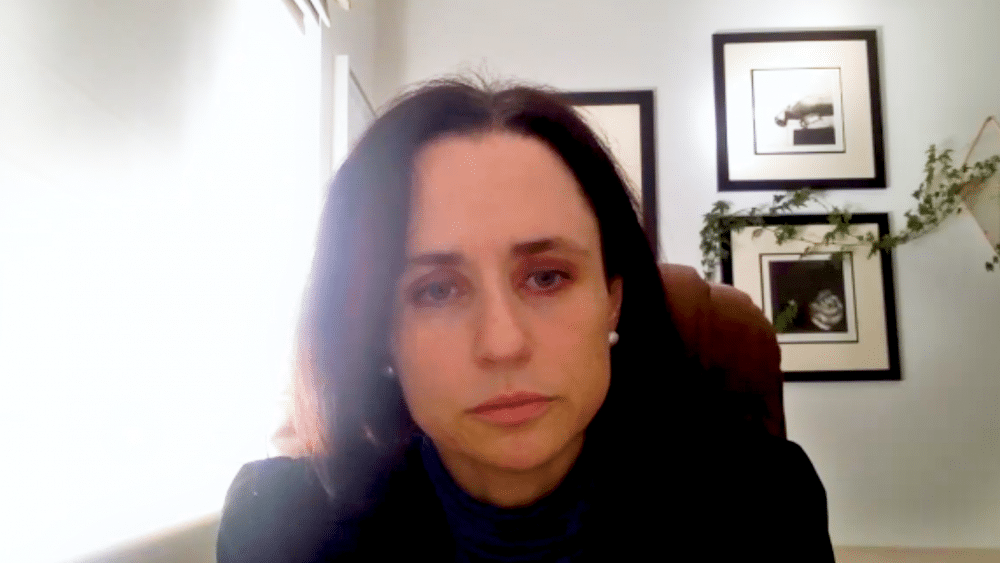Strong support for Ukraine in Europe means that politicians presenting a different vision have no room for attempts to exploit pro-Russian attitudes in shaping foreign policy. Research by scientists from the University of Exeter conducted in several European countries indicates that support for Ukraine and policies focusing on aiding the attacked country is broad, but strongest in countries that have had experiences with the Kremlin’s policies during the Soviet Union. The strongest polarization of moods in Europe is conspicuous on the issue of possible Ukraine’s accession to the North Atlantic Treaty.
The data was collected in February 2023. The sample focused on four categories of countries: the “big three” (France, Germany and the UK), Eastern European and Baltic countries (Estonia, Hungary, and Poland), countries that applied for NATO membership after the Russian invasion (Finland and Sweden), and Southern European countries (Italy and Spain). Nietly, Hungary, a member of both NATO and the EU, whose leaders maintain relations with Putin, was included.
“There is widespread support for pro-Ukrainian policy. None of the countries we studied can be considered pro-Russian, but we have divided them into three different groups. The first group includes the most ardent supporters, where support for Ukraine is enthusiastic. It is no surprise that this group includes not only Poland,” informs in a conversation with the Newseria Innowacje agency Dr. Catarina Thomson from the University of Exeter.
Researchers also classified Estonia, new NATO members, namely Finland and Sweden, but also the UK, as strong supporters.
“In the middle are solid supporters, who rather support pro-Ukrainian policy, but in these countries, there are groups with a more pro-Russian orientation. These solid supporters include France, Germany, and Spain. Next, we have Italy and Hungary, which are characterized by stronger support for Ukraine than for Russia, however, they are closer to the border, they do not, therefore, provide as much support as the other two groups of countries,” says Dr. Catarina Thomson.
Researchers focused on examining similarities and differences in areas such as perceiving responsibility for the war, approaching the issue of Ukraine’s NATO membership, speaking about possible acceptance of territorial losses by Ukraine, and the impact of sanctions against Russia on the economy of a given country.
“Even in countries that generally support Ukraine, you can find certain groups that may sympathize with the Russian point of view. Take Germany for example, where a very good example of such situation is the Alternative for Germany. The public opinion in Germany widely supports helping Ukraine in the current conflict, believes that the responsibility for the war definitely lies with the Russian side and that we should continue to support Ukraine. However, that part of society which supports the Alternative for Germany, strictly, 55% of these people, attribute some responsibility for the outbreak of the war also to Ukraine, and 56% would call Ukraine to give up part of the territory to Russia. This coincides with a long-propagated thesis by the Alternative for Germany that we should accept the Russian annexation of Crimea. Even in countries generally very positive towards Ukraine one can find groups thinking differently,” notes the expert.
Over 40% of Italians and 55% of Hungarians assigned Ukraine some of the responsibility for the war. In the countries belonging to the ardent supporters, the percentage was around 20%, and among the solid supporters – from 25 to 35%.
Internal differences within individual countries were considered in the context of political affiliations and age. The researchers expected that divisions between the younger part of society and those who grew up in the shadow of the Soviet Union would emerge.
“The older the respondents, the more they stand for Ukraine compared to younger people. So, apart from certain groups of people sympathizing with Russia – and these are not only right-wing populists in Europe, but also members of the left, whose parties had previous connections with the Soviet Union – it is in this group that you should look for more pro-Russian attitudes. However, let’s repeat this again, you usually won’t find them. But this is an area to keep an eye on when analyzing data from individual countries. We should take into account right-wing populist parties and left-wing parties, which had connections with the Soviet Union. There is also a differentiation in attitudes depending on age, elders who remember the Soviet Union and know the historical context, might support Ukraine more decisively in these countries than younger ones,” indicates a researcher from the University of Exeter.
This dependence is particularly visible in countries belonging previously to the Warsaw Pact located in close proximity to the former USSR (Poland, eastern lands of Germany) or states annexed to the Soviet Union after World War II, which currently border Russia (Estonia).
“For example, in Poland, 66% of people over the age of 60 would like Ukraine to become a NATO member. 83% of people in this age group in Estonia, 65% in the UK, and 56% in Sweden and Finland believe that Ukraine should become a full member of NATO. Meanwhile, in all these countries, support for these demands among younger people, in the age group of 18-29 years, averages 48%. So, you also have to consider age differences,” lists Dr. Catarina Thomson.
The issue of Ukraine’s presence in NATO stirred the most controversy among the respondents. According to researchers, public opinion in Europe is most divided in this regard. Support for this idea ranges from a strong majority in Poland, Estonia, the UK, and Finland, about 40% in France and Germany, to about 30% in Italy and 25% in Hungary. Similar controversies also concern the issue of increasing the military presence of NATO in Eastern Europe.
